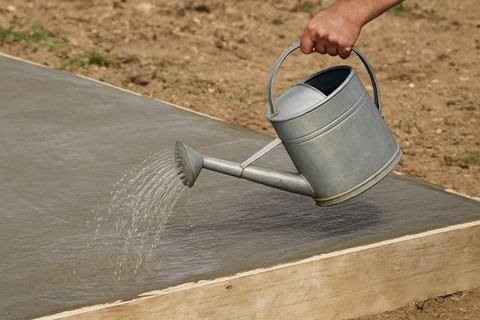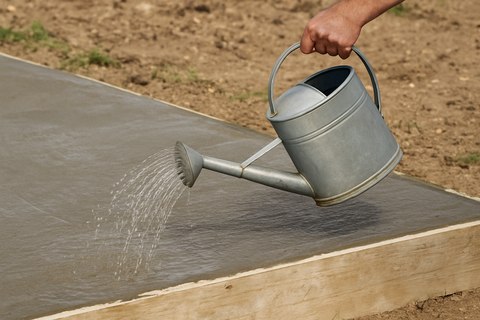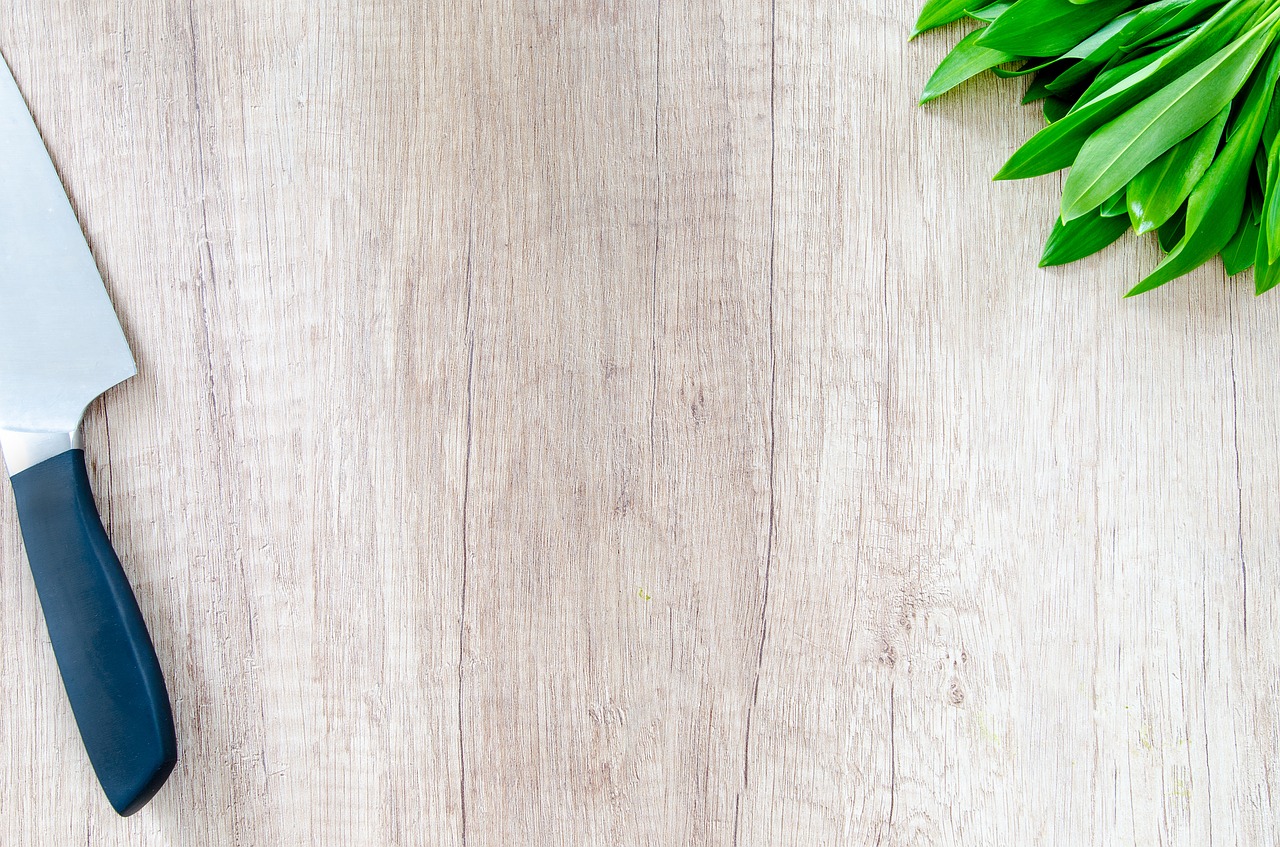Table of Contents
- Introduction
- What Happens After Concrete is Cast
- Why Watering Concrete is Important
- The Science Behind Concrete Curing
- How Long Should Concrete Be Watered?
- What Happens If You Don’t Water Concrete?
- Learn at Deseret
- Conclusion
Introduction
If you’ve ever seen a building under construction, you may have noticed that workers pour water on freshly placed concrete. You might ask, “Why water concrete after it’s already hardening?” The answer lies in a fundamental process called curing. This blog will explain why concrete is watered after casting and why this process is important in architecture and construction.
What Happens After Concrete is Cast?
When concrete is first mixed and poured into place, whether in the form of a wall, column, or floor slab, it starts to set, which means it slowly becomes solid. However, the setting is just the beginning. Furthermore, concrete continues to gain strength and durability in the days and weeks after it is cast. This hardening process needs moisture. That’s why the concrete must be kept wet or watered after it has been placed. This is what professionals call “curing.”
Why Watering Concrete is Important
Concrete gains strength through a chemical reaction called hydration. For hydration to happen properly, there must be enough water in and around the concrete. If concrete dries too quickly, this chemical reaction stops early, and that weakens the concrete.
Watering the concrete keeps it moist, so the hydration process can continue. This helps the concrete to gain full strength and avoid cracks. The concrete also stays durable for a long time and resists weather damage.

The Science Behind Concrete Curing
Curing is like giving concrete the right conditions to grow stronger. Just like a plant needs water and sunlight to grow, concrete needs water to cure properly. Without proper curing:
- The surface may become dry and dusty
- It may crack due to shrinkage
- The inside may remain weak and not last long
Keeping the surface moist helps ensure the concrete becomes tough, solid, and long-lasting.
How Long Should Concrete Be Watered?
You should typically water or keep the concrete moist for at least 7 days. In some cases, especially in hot and windy weather, you may need to cure it for 14 days or more.
However, there are different ways to cure concrete: you can either spray water regularly, cover with wet cloths or burlap, use plastic sheets to trap moisture, or apply curing compounds (special chemicals).
What Happens If You Don’t Water Concrete?
If concrete is not watered after casting, here’s what could happen:
- It may dry too fast and crack
- The surface may peel or chip
- It won’t be strong enough to support the weight
- It may not last long, leading to costly repairs
Poorly cured concrete is like an undercooked meal. It might look okay on the outside, but it won’t perform well when it matters most.

Learn at Deseret
Understanding how concrete works is just one of the many things you’ll learn in the Architecture Design course at Deseret School of Design. Our course covers:
- Building materials and their properties
- Structural design basics
- Modern architecture techniques
- On-site construction experience
- Visualising designs through 3D modelling and rendering
If you’re passionate about buildings, spaces, and how materials come together to form strong, beautiful structures, this course is for you. Join Deseret School of Design and learn how to build smart, safe, and stunning structures from the ground up.
Conclusion
Watering concrete after casting is not just a routine task but a vital part of building strong and lasting structures. It’s a simple step with a big impact. Without it, even the best design can fail.
At Deseret School of Design, we believe that good architecture starts with understanding materials. That’s why our architecture course delves into real-world construction knowledge, such as concrete curing. With the right skills, you won’t just design, you’ll build to last.




